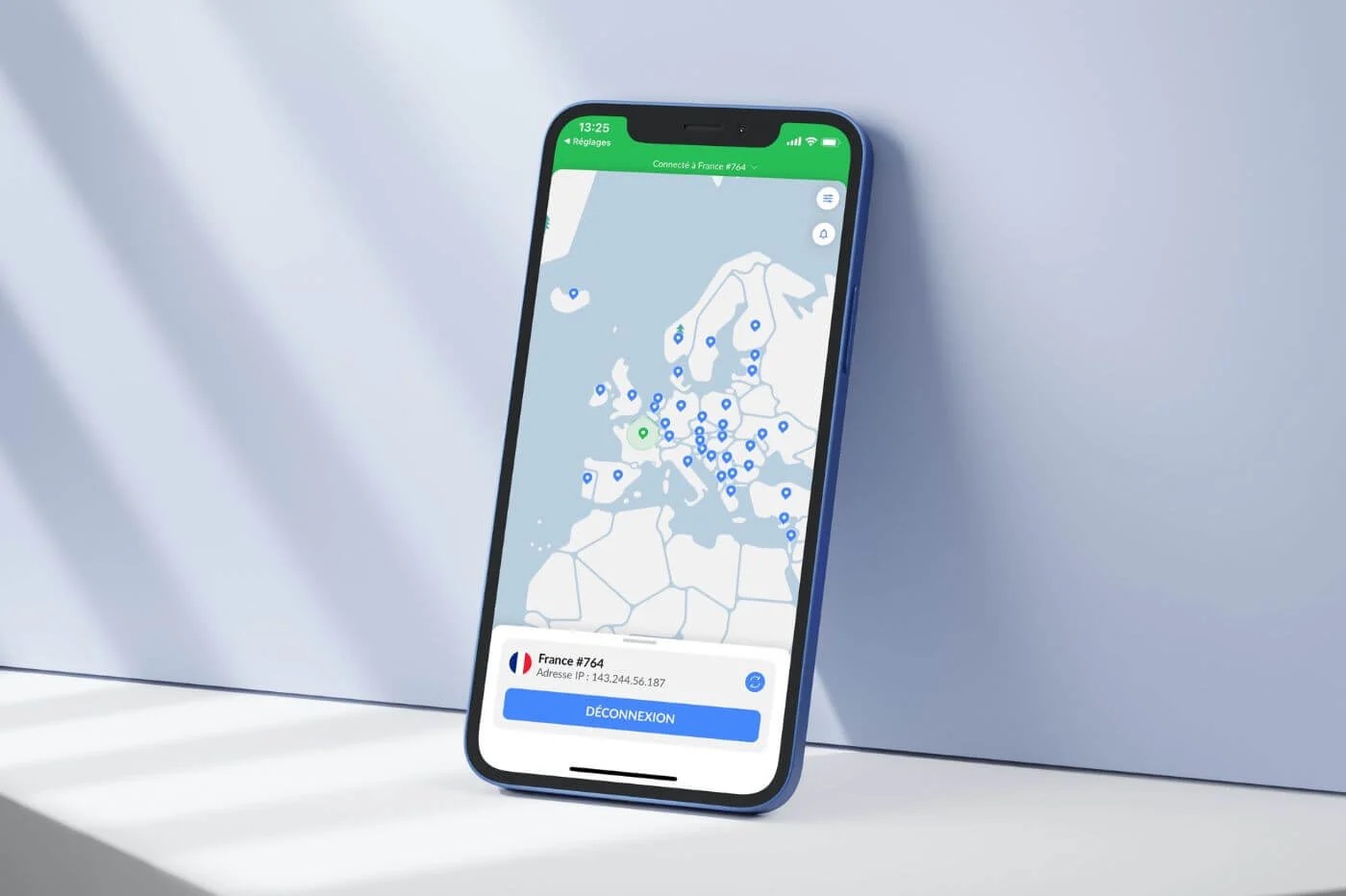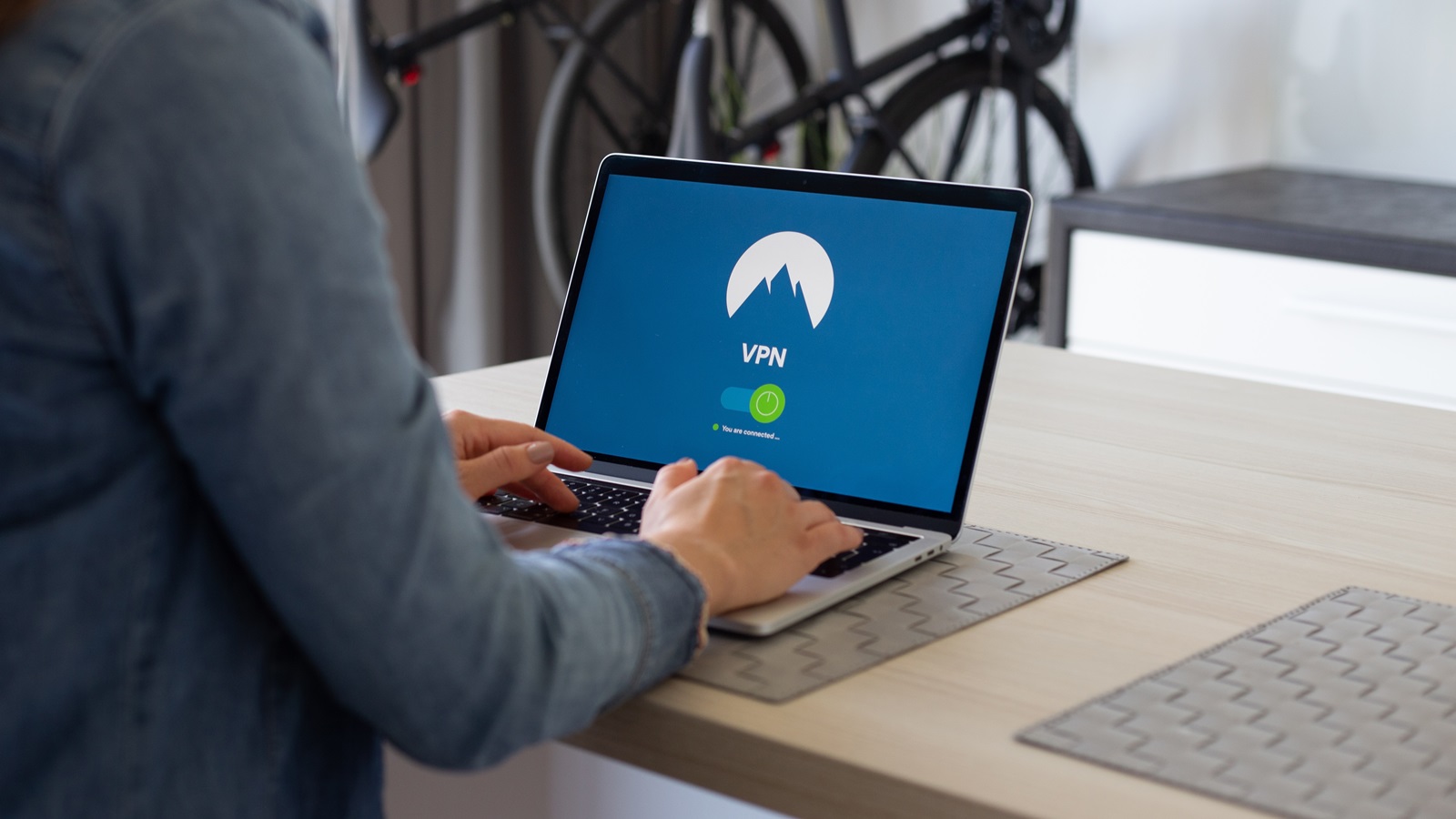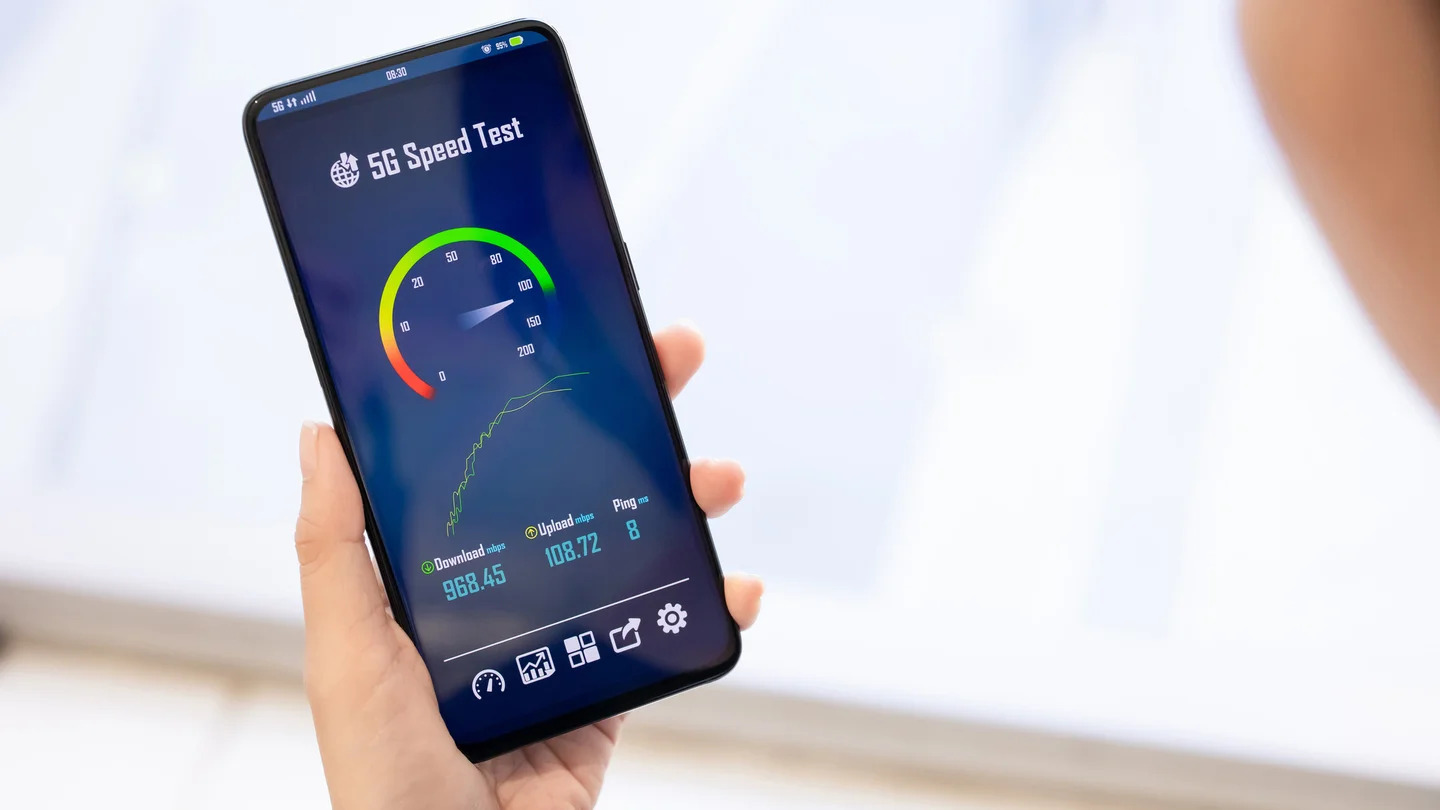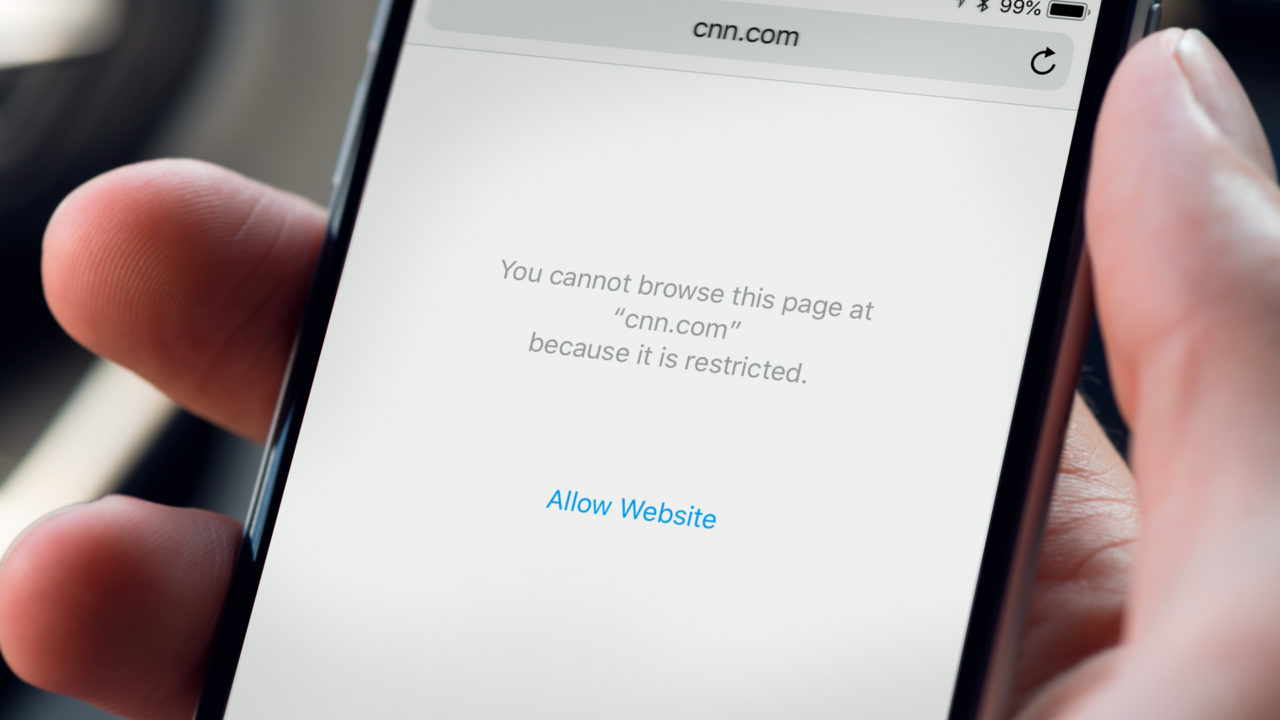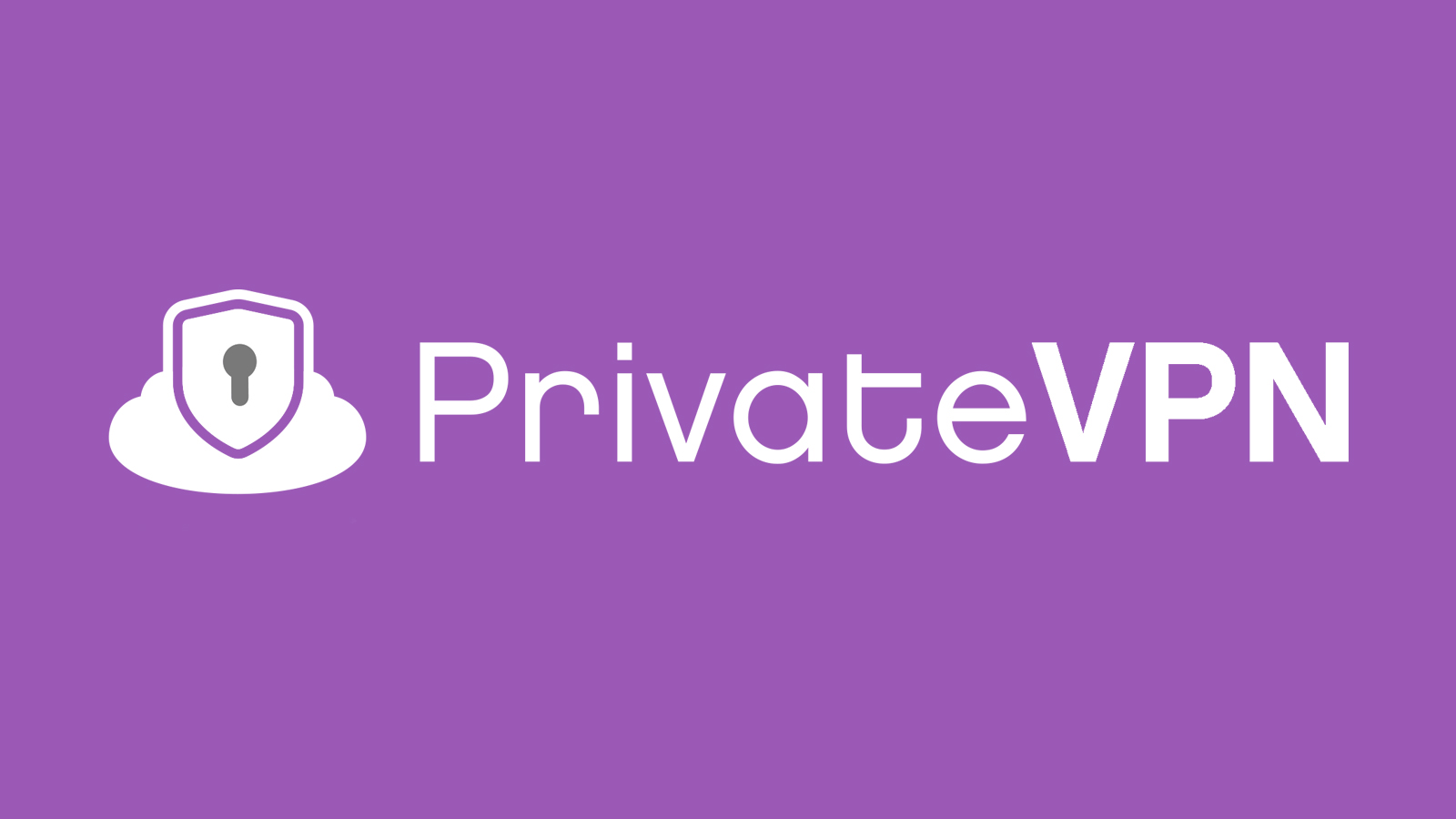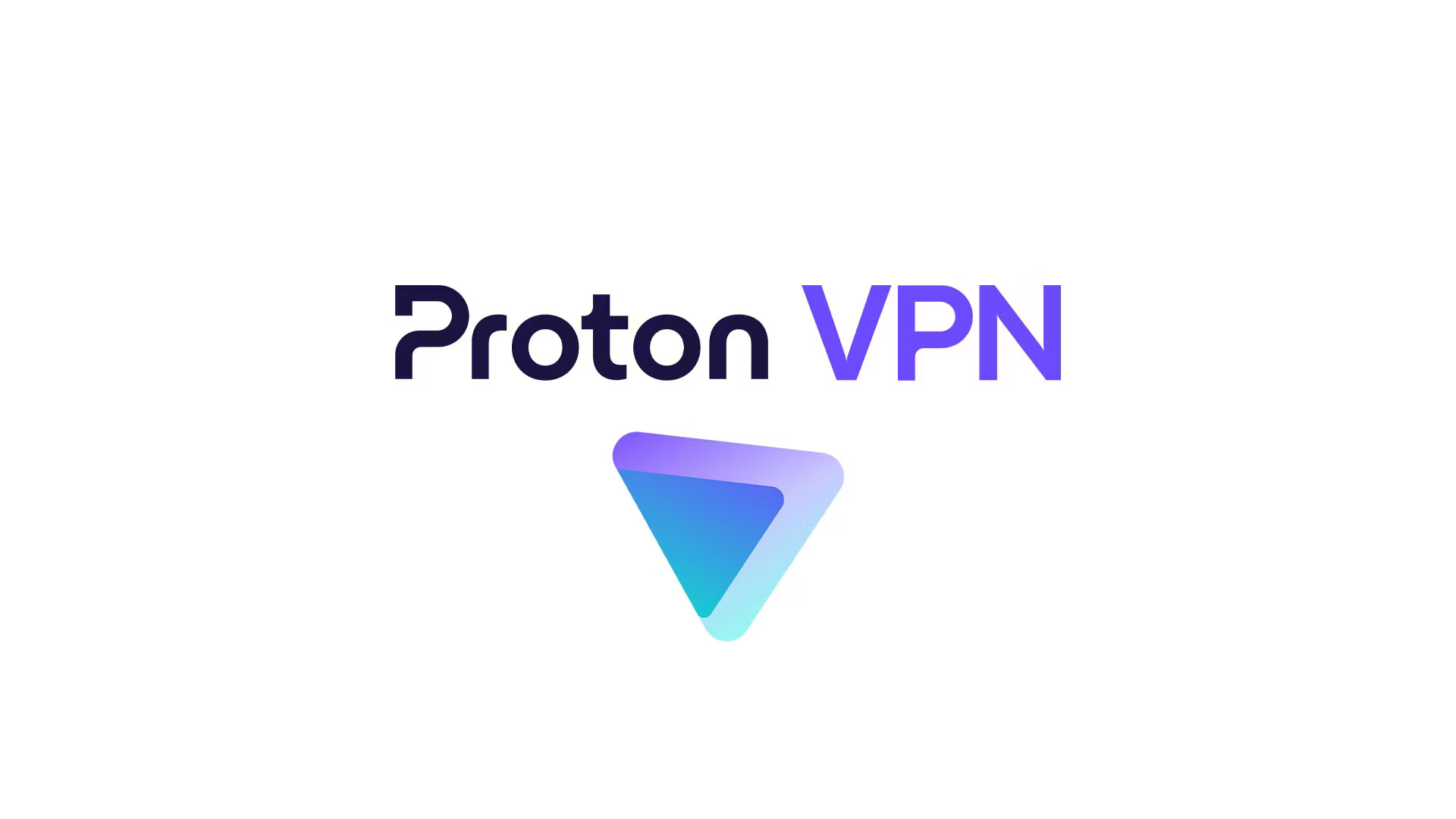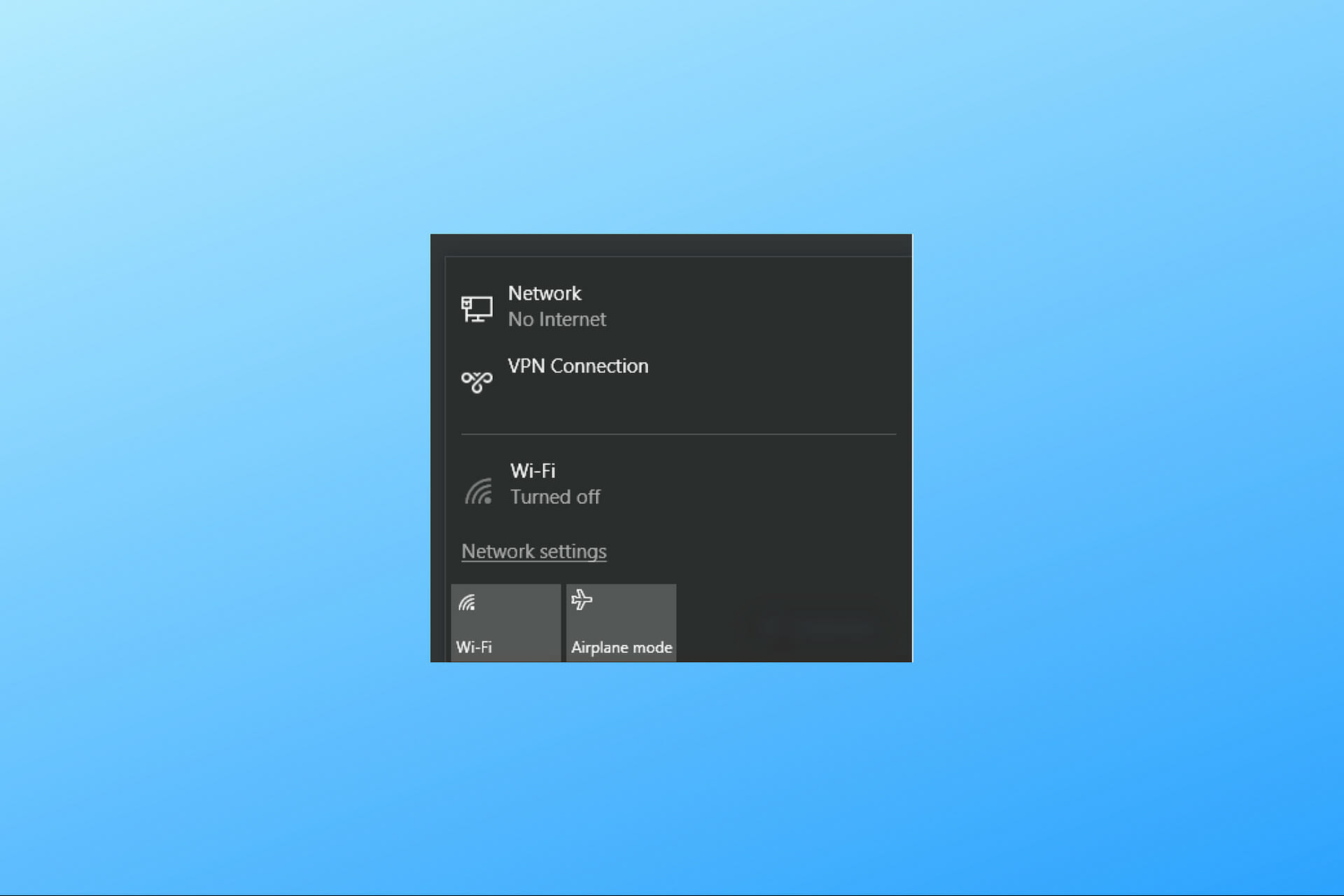Home>Software and Apps>Internet Blocked by VPN


Software and Apps
Internet Blocked by VPN
Modified: September 5, 2024
Discover how software and apps can unblock the internet with VPN technology. Learn how to access restricted content and enhance online privacy.
(Many of the links in this article redirect to a specific reviewed product. Your purchase of these products through affiliate links helps to generate commission for Techsplurge.com, at no extra cost. Learn more)
Table of Contents
Understanding VPNs and Their Features
Virtual Private Networks (VPNs) have gained popularity for enhancing online security and privacy. A VPN creates a secure, encrypted connection between your device and a VPN server, masking your IP address and location. This helps protect data from interception by third parties, including hackers and internet service providers (ISPs).
Modern VPNs offer a range of features designed to enhance security and performance:
- Threat Protection: Scans incoming and outgoing traffic for malware and other threats.
- Kill Switch: Automatically disconnects your internet connection if the VPN connection drops, preventing data exposure.
- Split Tunneling: Allows selection of which apps or websites use the VPN connection while others use the regular internet connection.
- Server Selection: Users can choose from various servers located in different countries, affecting speed and availability of certain services.
Read more: Bark VPN: The Solution to Internet Blocking
NordVPN Threat Protection and CORS Errors
One specific scenario where internet access can be blocked involves NordVPN's Threat Protection feature. This feature scans traffic for malware and other threats but can sometimes cause Cross-Origin Resource Sharing (CORS) errors. CORS errors occur when a web page tries to load resources from a different domain than the one the web page was loaded from, a security feature implemented by web browsers.
Users have reported issues with websites like McGraw Hill Connect and Instructure's Canvas platform not loading properly due to CORS errors caused by NordVPN's Threat Protection. These errors can be identified by checking the developer tools in your browser for flagged errors related to CORS or "Cross-Origin Reference" issues.
Resolving CORS Errors
To resolve this issue, users can try disabling the Threat Protection feature in their NordVPN settings. This should help resolve the CORS errors and allow websites to load correctly.
Performance Issues with NordVPN
Another related issue with NordVPN is its impact on system performance. Some users have reported that the Threat Protection feature can peg CPU usage and consume a significant amount of RAM, leading to system slowdowns and crashes. Disabling the feature can help alleviate these performance issues, although it may compromise some security benefits.
NodeZero and Cybersecurity
While not directly related to internet blocking by VPNs, another tool in the cybersecurity landscape worth mentioning is NodeZero. NodeZero helps cybersecurity teams proactively identify and fix internal and external attack vectors before they can be exploited by attackers. This tool provides detailed insights into potential weaknesses and vulnerabilities within a network, helping teams strengthen their defenses.
Read more: Hola VPN: Unlocking the Internet’s Potential
Streamlit and HTML in Markdown
In a different context, the use of HTML in Markdown is relevant when discussing potential pitfalls in software development. Streamlit, a popular tool for creating data science applications, has a default setting that disables the use of HTML to prevent the creation of unsafe applications. However, there are legitimate use cases where HTML is necessary, such as creating rich tables or injecting custom CSS.
Using HTML in Streamlit
Developers using Streamlit might encounter issues if they need to highlight passages of text in different ways, like highlighting negated words in red. In such cases, using HTML with the unsafe_allow_html parameter can be a solution, although it requires careful handling to avoid security risks.
Final Thoughts
Internet access can be blocked by VPNs due to various reasons, including the Threat Protection feature causing CORS errors or performance issues like high CPU usage. Understanding these issues is crucial for resolving them effectively. By disabling the Threat Protection feature in NordVPN or adjusting settings to mitigate performance impacts, users can often resolve these problems.
Additionally, being aware of the features and limitations of different tools in the cybersecurity and software development landscapes can help users navigate potential pitfalls more effectively. Whether using NodeZero to enhance cybersecurity or Streamlit with caution, being informed about the intricacies of these technologies is essential for optimal performance and security.
While VPNs are powerful tools for enhancing online security and privacy, they are not without their challenges. By understanding the reasons behind internet blocking and exploring potential solutions, users can ensure a smoother and more secure online experience.


